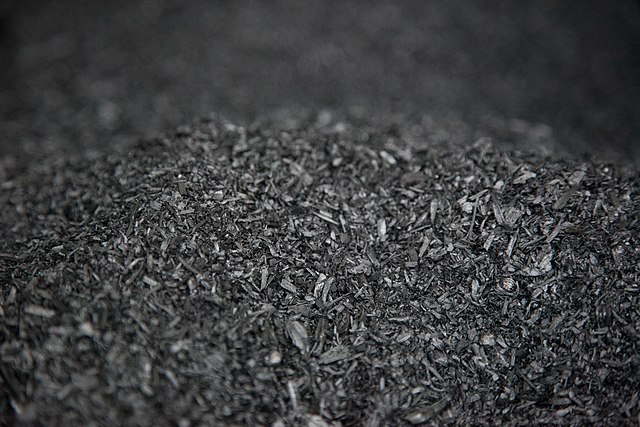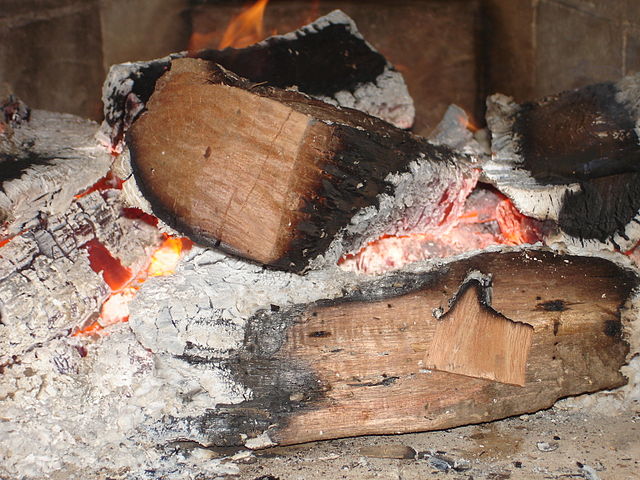Infinite photos and videos for every Wiki article ·
Find something interesting to watch in seconds
Celebrities
Kings of France
Wars and Battles
Recovered Treasures
Largest Empires
Richest US Counties
World Banknotes
Sports
Great Cities
British Monarchs
Supercars
Ancient Marvels
Presidents
Best Campuses
Largest Palaces
Famous Castles
Countries of the World
Great Museums
Wonders of Nature
Rare Coins
Great Artists
Animals
Orders and Medals
History by Country
Crown Jewels
Tallest Buildings
more top lists








